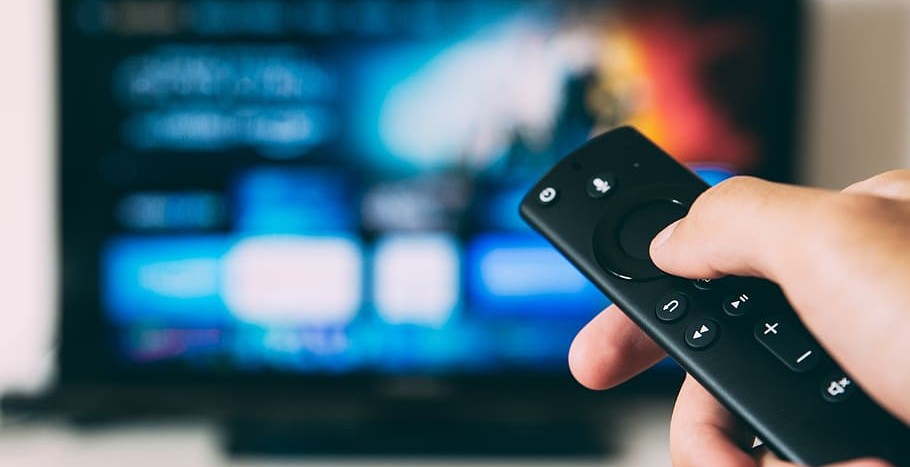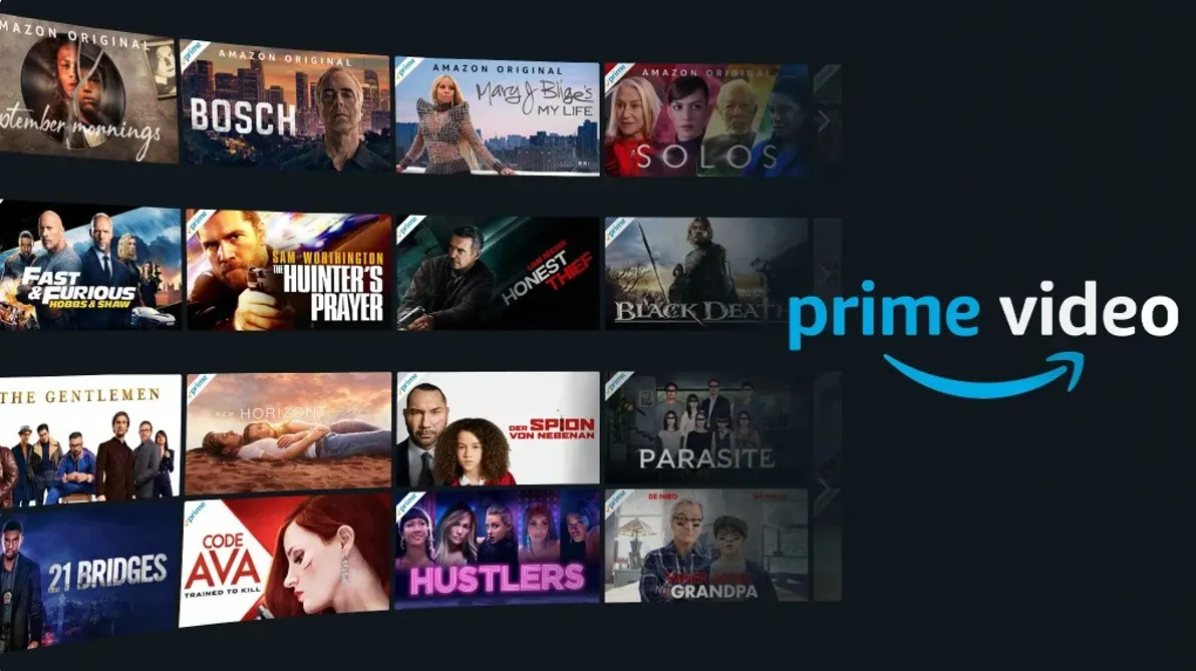 The EU has set its sights on Connected TV and will be releasing a report later this year looking at how Europe can capitalise on the emerging opportunities and how ‘traditional rules on advertising, protection of minors and promotion of European works apply’ to the new technology coming on the market. All of which sounds perfectly reasonable, perhaps even encouraging, until you realise that the person speaking is Vice President of the European Commission, Neelie Kroes, who led the charge on the EU’s e-Privacy Directive, more commonly known in the advertising and publishing industries as the ‘Cookie Directive’.
The EU has set its sights on Connected TV and will be releasing a report later this year looking at how Europe can capitalise on the emerging opportunities and how ‘traditional rules on advertising, protection of minors and promotion of European works apply’ to the new technology coming on the market. All of which sounds perfectly reasonable, perhaps even encouraging, until you realise that the person speaking is Vice President of the European Commission, Neelie Kroes, who led the charge on the EU’s e-Privacy Directive, more commonly known in the advertising and publishing industries as the ‘Cookie Directive’.
In a speech to the European Parliament Intellectual Property Forum, Kroes said ‘Within just 2 to 3 years, 90% of the TVs sold in Europe will be connectable to the Internet. Already, half of European consumers use video-on-demand several time per week. While across the Atlantic, Netflix is already the biggest source of net traffic.’
Kroes said the EU, ‘should not lose sight of what we can achieve. We can offer creators a way to make a decent living from their art. We can offer consumers a seamless service, the widest possible choice, the ability to lawfully access whatever they want, however they want, wherever they are in Europe. And in between creators and consumers, we can offer an open space for innovation, so we can respond sustainably to digital realities.’
Noble Goals
‘The EU would be looking at how ‘competing but incompatible technical standards affect the viewer experience’ so the EU will be ‘ready to let this market flourish,’ she added.
All of which sounds wonderful – after all, who wouldn’t be in favour of flourishing markets and sustainable digital realities? However, any excitement should be dampened by the fact that Kroes was and continues to be a leading proponent of the e-Privacy Directive (full text).
The e-Privacy Fiasco
If you’re not familiar with it already, the e-Privacy Directive was a perfectly well-intentioned piece of legislation and set out to ensure that the public were more informed and be in control whether they were willing to have cookies dropped on their browsers.
Cookies are used for everything from shopping baskets in eCommerce stores, to making your internet experience smoother and easier, although the privacy issue only really comes into play when you introduce retargeting (also sometimes referred to as remarketing and personalised advertising), which enables advertisers to reconnect with users who have visited a certain website and demonstrated an interest in a product or service. So if you look at red sports shoes on Amazon, you might see an ad from Amazon for red sports shoes when you’re reading the news.
Unintended Consequences, Unnecessary Confusion
The e-Privacy Directive has been a bit of a disaster, with most EU member states simply ignoring it altogether, and considerable, widespread confusion in the countries that decided to comply, such as the UK. The problem wasn’t the spirit of the e-Privacy Directive – the consumer should of course be in control of the data and the industry’s own self-regulation never went far enough. The problem was that there was a widespread sense that the EU was willing to identify problems, but wasn’t prepared to suggest practical solutions that the industry could get behind. After a couple of years of widespread concern, uncertainty and confusion in the industry, there might finally be light at the end of the tunnel with Do Not Track, described by Kroes herself in the video below and here on Kroes’s EU blog.
However, the unnecessary distress and the (continuing) confusion has already been caused and, in all likelihood, has limited the growth of the online industries in Europe and unnerved potential investors. That wasn’t the intention of Kroes or the EU, but unintended consequences consistently arise whenever governments meddle with the Internet. As we saw with SOPA and PIPA, politicians simply don’t have the time or the expertise to understand the Internet and there’s always a very high chance of them getting sucker-punched by lobbyists (thankfully the industry and the public responded with force).
A Delicate Ecosystem
The word ‘ecosystem’ is frequently used to describe the Internet and it’s an appropriate term. Ecosystems are interconnected and delicately balanced. You remove one thing and you can have unintended consequences for another. Taking the environmental analogy further, if the Internet was a biological ecoystem, advertising might well be the oxygen, or perhaps the water.
Because advertising’s main goal is usuallly to increase the revenues or promote the values of the advertiser, it’s easy to forget the role it plays in the ecosystem: quite simply, advertising is what makes the Internet work. You break advertising and you break most of the Internet. Without advertising, content creators wouldn’t be able to keep making great content and journalists would be unable to hold the powerful to account. It’s important that the industry frames the arguments in these terms as well as the more obvious arguments around job creation and economics.
It’s still early days and Kroes happily admits that the EU doesn’t have all the answers yet. She said, ‘I want to find them out: and so we will be talking to stakeholders — users, producers and regulators — so that Europe can truly hook up to the Connected TV ecosystem.’ Kroes has opened her door to stakeholders, so let’s make sure the industry’s voice is heard and that we can avoid the kind of mistakes that were made with e-Privacy.




